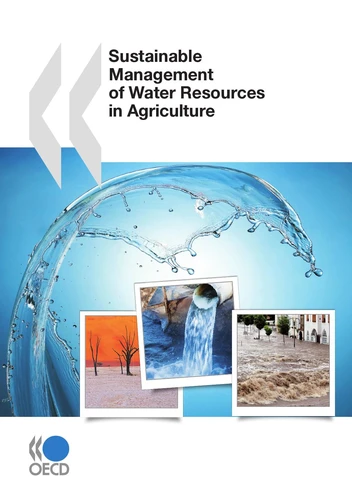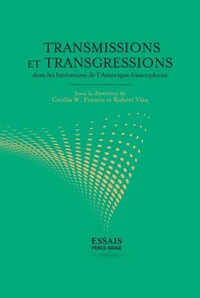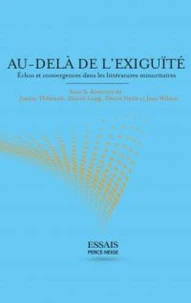Sustainable Management of Water Resources in Agriculture
Par :Formats :
Disponible dans votre compte client Decitre ou Furet du Nord dès validation de votre commande. Le format Multi-format est :
- Pour les liseuses autres que Vivlio, vous devez utiliser le logiciel Adobe Digital Edition. Non compatible avec la lecture sur les liseuses Kindle, Remarkable et Sony
 , qui est-ce ?
, qui est-ce ?Notre partenaire de plateforme de lecture numérique où vous retrouverez l'ensemble de vos ebooks gratuitement
Pour en savoir plus sur nos ebooks, consultez notre aide en ligne ici
- Nombre de pages120
- FormatMulti-format
- ISBN978-92-64-08357-8
- EAN9789264083578
- Date de parution15/03/2010
- Protection num.NC
- Infos supplémentairesMulti-format incluant PDF avec W...
- ÉditeurOECD
Résumé
Agriculture is the major user of water in most countries. It also faces the enormous challenge of producing almost 50% more food by 2030 and doubling production by 2050. This will likely need to be achieved with less water, mainly because of growing pressures from urbanisation, industrialisation and climate change. In this context, it will be important in future for farmers to receive the right signals to increase water use efficiency and improve agricultural water management, while preserving aquatic ecosystems.
This report calls on policy makers to recognise the complexity and diversity of water resource management in agriculture and the wide range of issues at stake.
And it gives them the tools to do so, offering a wealth of information on recent trends and the outlook for water resource use in agriculture, including the impacts of climate change. It examines the policy experiences of OECD countries in managing their water resources for agriculture, with focus on: the extent to which countries subsidise the supply of water to farmers; flood and drought risk policies; and institutional organisation and governance as it relates to water and the agricultural sector.
The report offers concrete recommendations on what countries should be doing and why.
And it gives them the tools to do so, offering a wealth of information on recent trends and the outlook for water resource use in agriculture, including the impacts of climate change. It examines the policy experiences of OECD countries in managing their water resources for agriculture, with focus on: the extent to which countries subsidise the supply of water to farmers; flood and drought risk policies; and institutional organisation and governance as it relates to water and the agricultural sector.
The report offers concrete recommendations on what countries should be doing and why.
Agriculture is the major user of water in most countries. It also faces the enormous challenge of producing almost 50% more food by 2030 and doubling production by 2050. This will likely need to be achieved with less water, mainly because of growing pressures from urbanisation, industrialisation and climate change. In this context, it will be important in future for farmers to receive the right signals to increase water use efficiency and improve agricultural water management, while preserving aquatic ecosystems.
This report calls on policy makers to recognise the complexity and diversity of water resource management in agriculture and the wide range of issues at stake.
And it gives them the tools to do so, offering a wealth of information on recent trends and the outlook for water resource use in agriculture, including the impacts of climate change. It examines the policy experiences of OECD countries in managing their water resources for agriculture, with focus on: the extent to which countries subsidise the supply of water to farmers; flood and drought risk policies; and institutional organisation and governance as it relates to water and the agricultural sector.
The report offers concrete recommendations on what countries should be doing and why.
And it gives them the tools to do so, offering a wealth of information on recent trends and the outlook for water resource use in agriculture, including the impacts of climate change. It examines the policy experiences of OECD countries in managing their water resources for agriculture, with focus on: the extent to which countries subsidise the supply of water to farmers; flood and drought risk policies; and institutional organisation and governance as it relates to water and the agricultural sector.
The report offers concrete recommendations on what countries should be doing and why.


















